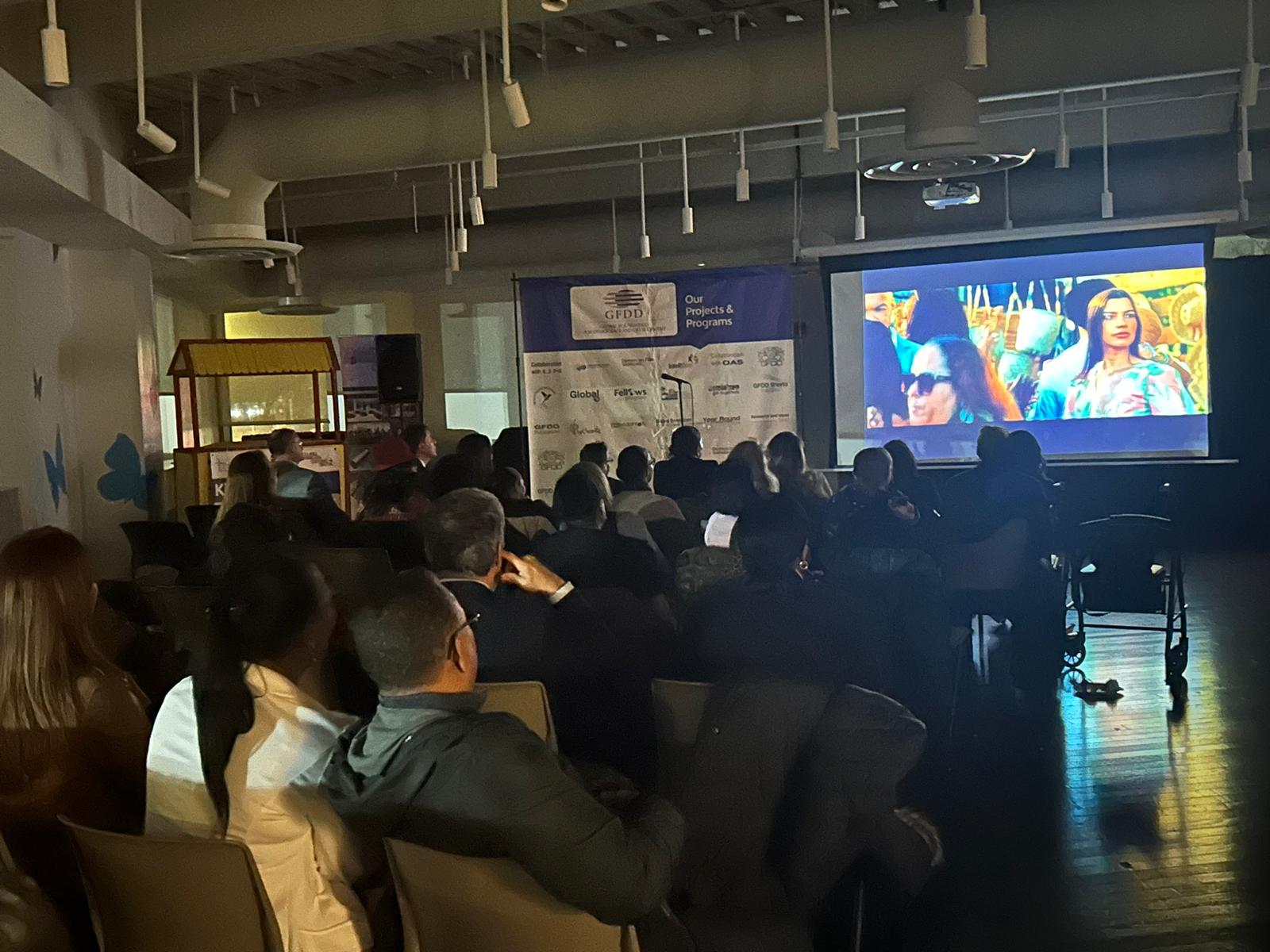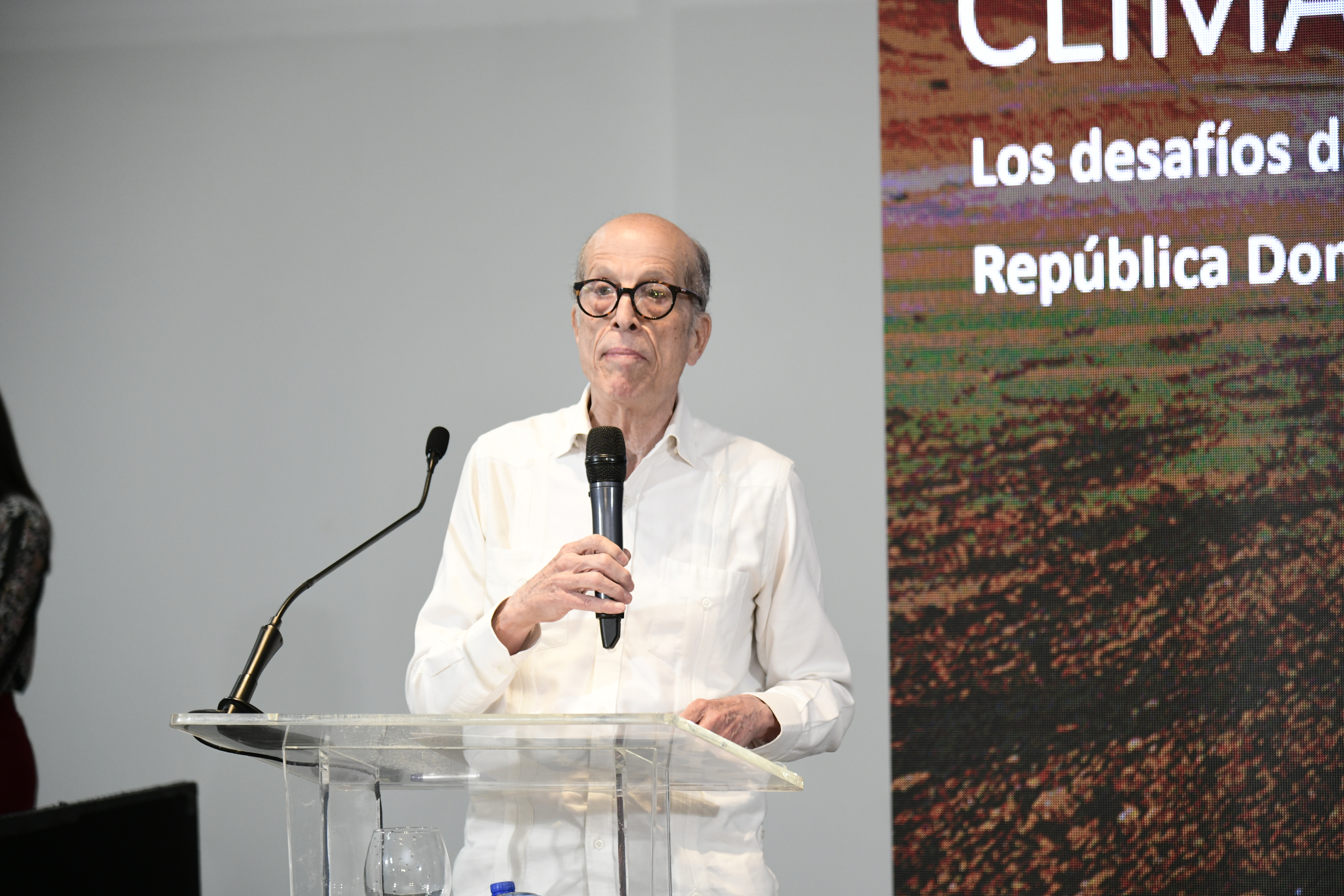Study Done on Dominican Migration to Spain
 | Study Done on Dominican Migration to Spain T he sociological and statistical study “Analysis of the Reality of Migration in Spain and the Dominican Republic: An Opportunity for Co-Development,” published on Monday, revealed that remittances sent home to the Dominican Republic from abroad often generates negative social polarization, dividing communities between the haves and the have-nots. …there are many prejudices and questionable truths about Dominican immigration to Spain. The document points out that when men receive the benefit of such cash transfers from abroad, they tend to consume more alcohol and become less productive. The study was carried out over the course of one year by a team made up of Isis Duarte, Julia Hasbun, Rosario Novalbos Gómez, Beneco Enecia and Pedro Álvarez Pastor under the auspices of the Codespa Foundation, the Volunteers for the Integration of International Workers Collectives and the Spanish Agency for International Cooperation for Development. Presentation of the study took place in the Spanish Cultural Center on Archbishop Meriño Avenue in the Colonial Zone. Dr. Pedro Álvarez Pastor, Executive Director of Vomade who traveled from Spain for the presentation, said there are many prejudices and questionable truths about Dominican immigration to Spain. Women Alvárez defended the hard-working and honest attitude of the hundreds of Dominican women who sacrifice dearly to migrate to Spain where they work hard in honorable jobs. According to data collected by Vomade, only 3% of female immigrants become involved in the sex trade and they are generally victims of white slave networks. “One of the most negative social consequences of financial remittances is the social polarization between those who receive the money from abroad and those who do not,” the study pointed out. Another negative effect is that recipients of the money no longer have an incentive to work as they become comfortable living off the money received by their hardworking family members. On the other hand, the pattern is changing with women who have spent time in Spain. Women are reuniting their family in this European country where they are settling down and buying homes, therefore sending less and less money back to the Dominican Republic. The study establishes that Dominican women who migrate to Spain initially have a difficult time establishing themselves economically due to the high cost of the trip in addition to the hardship of sending Euros back home to their families in the Dominican Republic.
| |
| Date of Publication: March 25, 2008 |

Related News
-

The Dominican Film Showcase Celebrates the Presentation of "Colao 2"
-

(Versión en español) Inauguración de la XII Feria Semana de la Geografía 2024
-

(Versión en español) Sector construcción dominicano reunido este fin de semana en la IV Expo Construcción Puerto Plata
-

(Versión en español) Médico Express será pionero en RD con certificación de excelencia para turismo médico
-

Dominicanos en Grandes Ligas
Las ultimas noticias/novedades de lo que acontece con los Dominicanos en las Grandes Ligas durante toda la temporada 2019.

